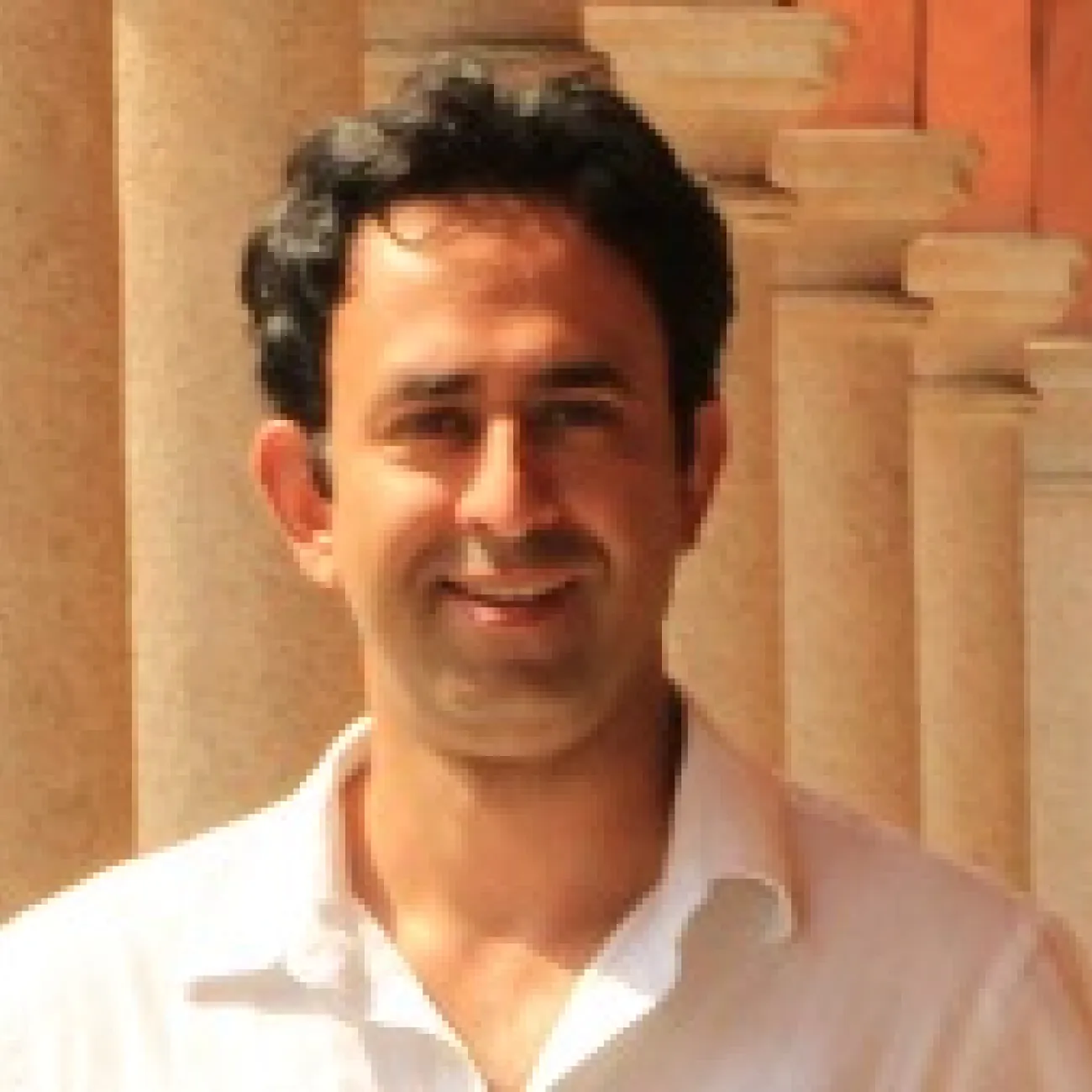About
Dr Shahram Heydari is a Lecturer (Assistant Professor) in the Transportation Research Group, the Department of Civil, Maritime and Environmental Engineering.
Prior to joining the University of Southampton, he was an NSERC Research Fellow in the Centre for Environmental Policy at Imperial College London, where his research was centred on transport-related air pollution, specifically traffic contribution to air pollution, exposure in different modes of transport, and predicting air quality in urban settings. His doctoral research, being focused on traffic safety, has contributed significantly to the introduction of Bayesian nonparametrics as a viable and feasible alternative approach to the transportation safety research community.
His main research expertise and interests are transportation safety, travel demand/behaviour, traffic-related air pollution, transport–health interactions, and statistical/econometric modelling. Having extensive experience with undertaking collaborative research across different institutions and disciplines (transportation engineering, public health, environmental sciences, and statistics) and in line with his years in industry as a civil engineer, he aims to address real-world transportation problems. Dr Heydari is an active collaborating member of the Interuniversity Research Centre on Enterprise Networks, Logistics and Transportation (CIRRELT). He is a recipient of a number of prestigious academic awards, including the Alexander Graham Bell doctoral scholarship and the NSERC postdoctoral fellowship. As of January 2019, he is on the editorial board of Analytic Methods in Accident Research.
